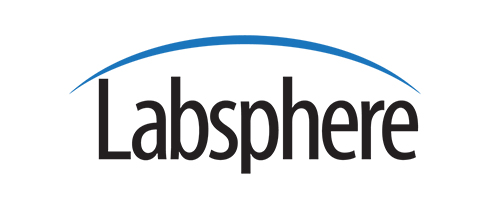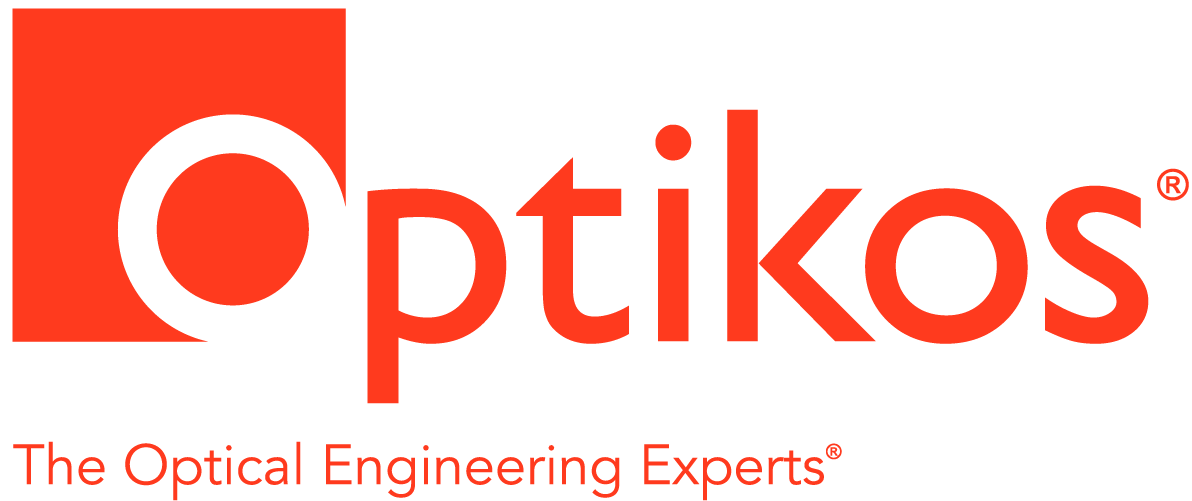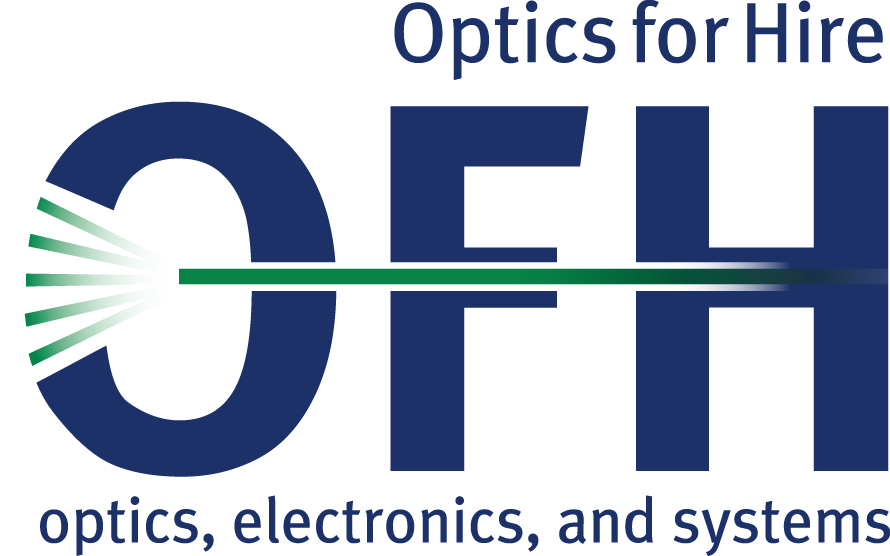Adaptive Optics In Medical Research Imaging
Medical research of disease progression often relies upon mouse models, which involves sacrificing animals at different stages of the disease to be able to study effects over time. This requires statistical studies of disease with large numbers of animals and only provides periodic snapshots of the disease. In vivo retinal imaging, by contrast, is a powerful tool that allows one to follow a single animal over time, but aberrations in the mouse eye limit the best possible resolution that can be obtained.
Adaptive optics has been successful in correcting phase aberrations introduced by the atmosphere in astronomical imaging. This technique recently has been extended to ophthalmic imaging in humans. In this talk I will briefly discuss the motivation for in vivo imaging and I will present the current technique our lab uses for imaging the mouse retina. Finally, I will explain difficulties that arise when applying adaptive optics to mouse retinal imaging and how we implement adaptive optics into our imaging system.
David Biss
David Biss received his Ph.D. in optics from the University of Rochester's Institute of Optics in 2005. His thesis, "Focal Field Interactions from Cylindrical Vector Beams," dealt with the interaction of small particles and edges with focused inhomogeneously polarized beams. After graduation David left Rochester, NY and moved to Boston to pursue a position as a post-doctoral researcher at the Schepens Eye Research Institute. He is currently working with the Advanced Microscopy Program at the Wellman Center for Photomedicine, Massachusetts General Hospital, to develop an adaptive optics system for in vivo imaging of the mouse retina.
Reservations:
DINNER reservations are required by noon, February 12, 2007, the Monday of the meeting. MEETING ONLY reservations are required by noon, February 15, 2007, the day of the meeting.
Please make reservations on line . Reservations may also be left on the answering machine at 617.584.0266. We no longer have an email address for reservations due to SPAM. When making reservation requests, please provide the following information:
- DINNER AND MEETING or meeting only
- Name(s) and membership status
- Daytime phone number where you can be reached (in case of change or cancellation)
Location:
Best Western TLC in Waltham (Map to TLC) .
Networking—5:45 PM, Dinner—6:30, Meeting—7:30 PM.
Menu:
Dinner will include ---- and coffee, tea, or milk.
Vegetarian option available on request
Dinner Prices:
| Members and their guests | $25.00 each |
| Students | $15.00 |
| Non-members | $30.00 (See NOTE Below) |
General Information on NES/OSA Meetings
Cancellations and No-shows:If the meeting must be canceled for any reason, we will try to call you at the phone number you leave with your reservation. Official notice of cancellation will be on our answering machine.
We have to pay for the dinners reserved as of the Tuesday before the meeting, so no-shows eat into our cash reserve. If you will not be able to attend, please let us know as early as possible. Otherwise, no-shows will be billed.
Membership Rates:
| Regular members | $15.00 |
| Student members | free |
NOTE: The extra $5.00 of the non-member dinner fee can be used toward membership dues if the nonmember joins and pays dues for the current year at the meeting.



